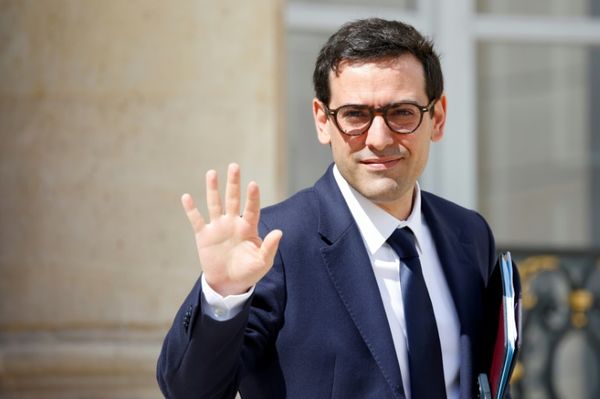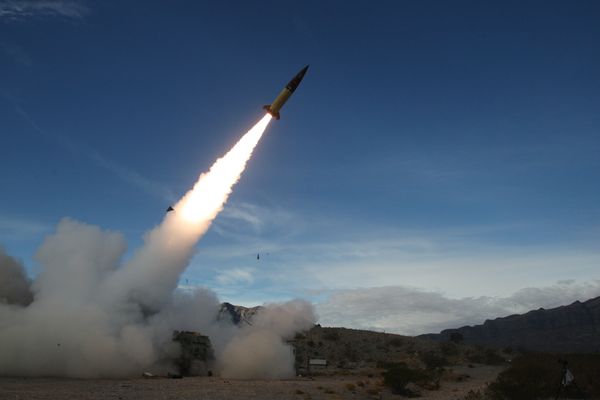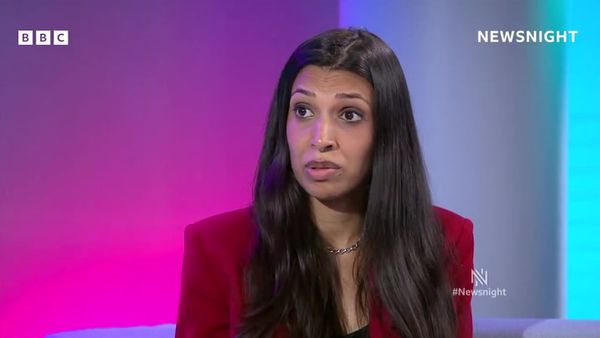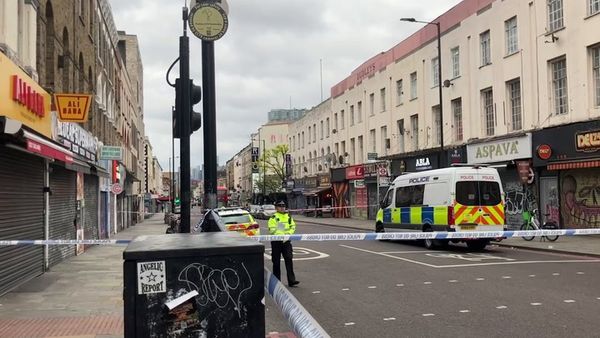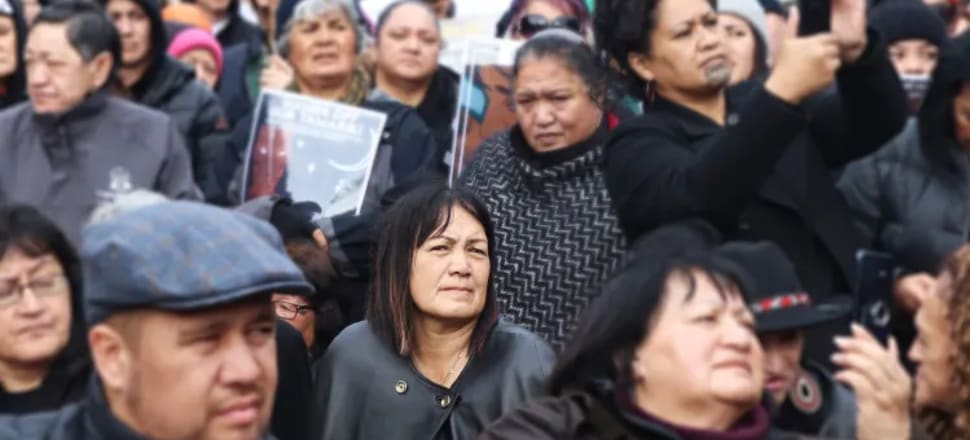
'She saved me without ever knowing it.' Mourners say goodbye to the “quiet hero” who helped halt the draconian state uplift of newborn babies from their mothers.
One of the key people at the centre of the landmark 2019 Hastings attempted uplift has died after a short illness.
Ripeka Ormsby was the midwife of the young māmā and her newborn documented in Newsroom’s video investigation NZ’s Own Taken Generation, which helped spark four inquiries into Oranga Tamariki and an urgent Waitangi Tribunal hearing.
Newsroom’s investigations editor Melanie Reid describes Ormsby as the “quiet hero” instrumental in the wide and sweeping changes to New Zealand’s child welfare system and its “without notice” uplifting of babies, particularly pēpi Māori.
She was remembered by her whānau at her funeral on Saturday as a beloved mother, wife, grandmother, sister, friend - and advocate.
“Her role in changing our broken state system was critical in advocating for Māori mothers and pēpi and whānau,” one of her daughters told the hundreds of mourners who attended the Hastings service.
Jean Te Huia, who worked alongside Ormsby for more than a decade and stood with her in the hospital room to prevent the uplift, told Newsroom Ormsby was “a true blue Māori midwife.
“She believed the rights and voices of Hapū māmā needed to be heard. Ripeka believed every mother had a story and no one was listening. Ripeka became their voice. Ripeka was loyal courageous and lovable. She was always polite, never swore and was a proud and loving wife, sister, mother and grandmother. She will be sadly missed by many.”
‘The agency is racist’
In the May 2019 Newsroom investigation, the process involved in taking a baby from its mother was laid bare. At the time, three Māori babies were being uplifted a week.
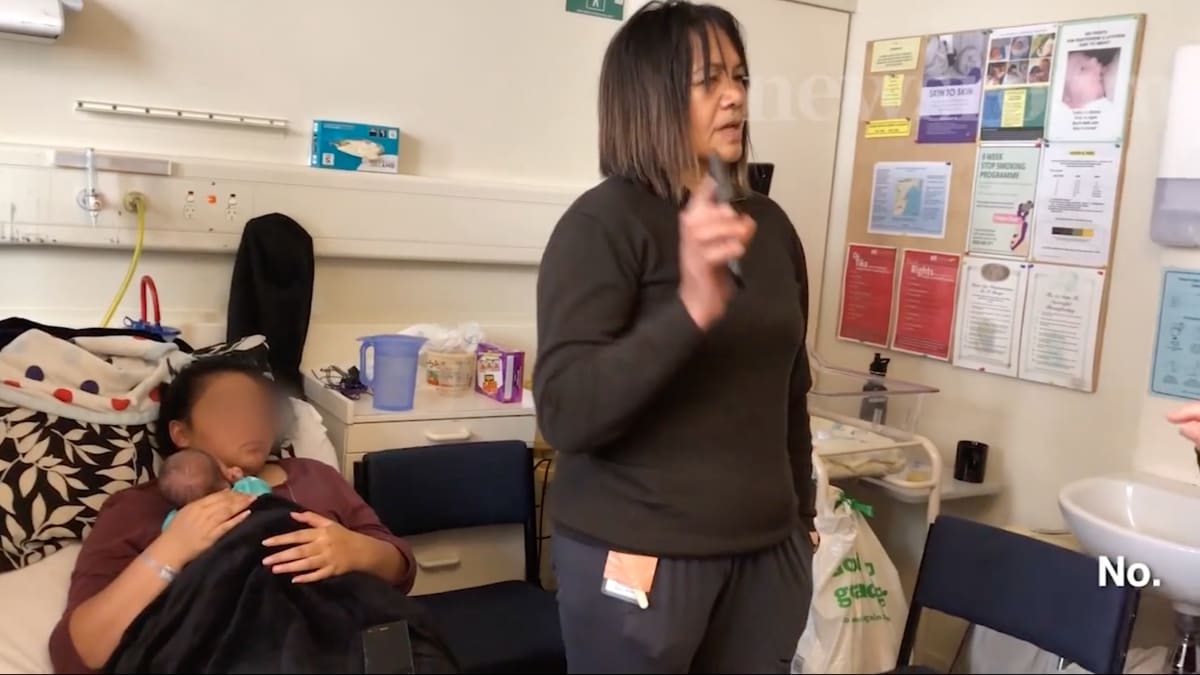
The filming from cellphones, carried out in the hospital room, showed the pressure a young Māori mother was subjected to as she tried to keep her seven-day-old baby.
During the filming at the height of the attempted uplift Ormsby said, “I felt a feeling of sickness come over me, and that was a feeling of hopelessness, because I felt there’s no hope for our mums, there’s no hope for our families, if this is what they have to put up with.”
Alongside her colleague, Jean Te Huia, both midwives filmed the social workers with their phones. Te Huia said Oranga Tamariki would have uplifted the newborn then and there if they had not been present to prevent it.
The child welfare agency then arranged a hui to decide whether the mum could go to a support whare, or whether baby would be uplifted. After a long day it was decided everyone should go home and get some sleep and that mum and baby would stay in the hospital overnight and they would make a decision the next day.
But less than an hour later, police and Oranga Tamariki covertly arrived to take the baby.
When Ormsby and the whānau urgently returned to the hospital, police and staff would not let them enter the building. Ormsby’s hospital swipecard was disabled so that she couldn’t get into the maternity ward.
They stood outside in the cold, dark carpark talking with the young mother over Facetime. Throughout the ordeal the mother physically clutched her baby and refused to let go, while social workers stood in the room with a carseat ready to take the newborn.
“Don’t let go of your baby,” the mother of the young mum told her over video phone.
Ormsby called in high-powered local kaumātua, the late Des Ratima. The tense standoff finally ended at 2am after Ratima convinced police not to enforce the uplift order.
Melanie Reid says Ormsby was a calm and powerful presence, and was pivotal in ensuring the baby was able to stay with his mother. Her actions helped show the country the reality of Oranga Tamariki’s practice of uplifting newborns and ignited multiple reviews and systemic change.
One of those, an Oranga Tamariki internal review into the uplift, found the lack of engagement meant the assessment behind the removal order was based on the views of a single Oranga Tamariki employee, and “no clear rationale” was noted for the decision.
“Too much reliance was placed on historical information about the whānau and not enough effort was made to understand their current situation,” the review said.
About the widespread trauma and misery being caused by Oranga Tamariki taking babies off the birthing table, Ormsby told Newsroom in 2019: “This is abuse by Oranga Tamariki to its native people. The agency is racist.”
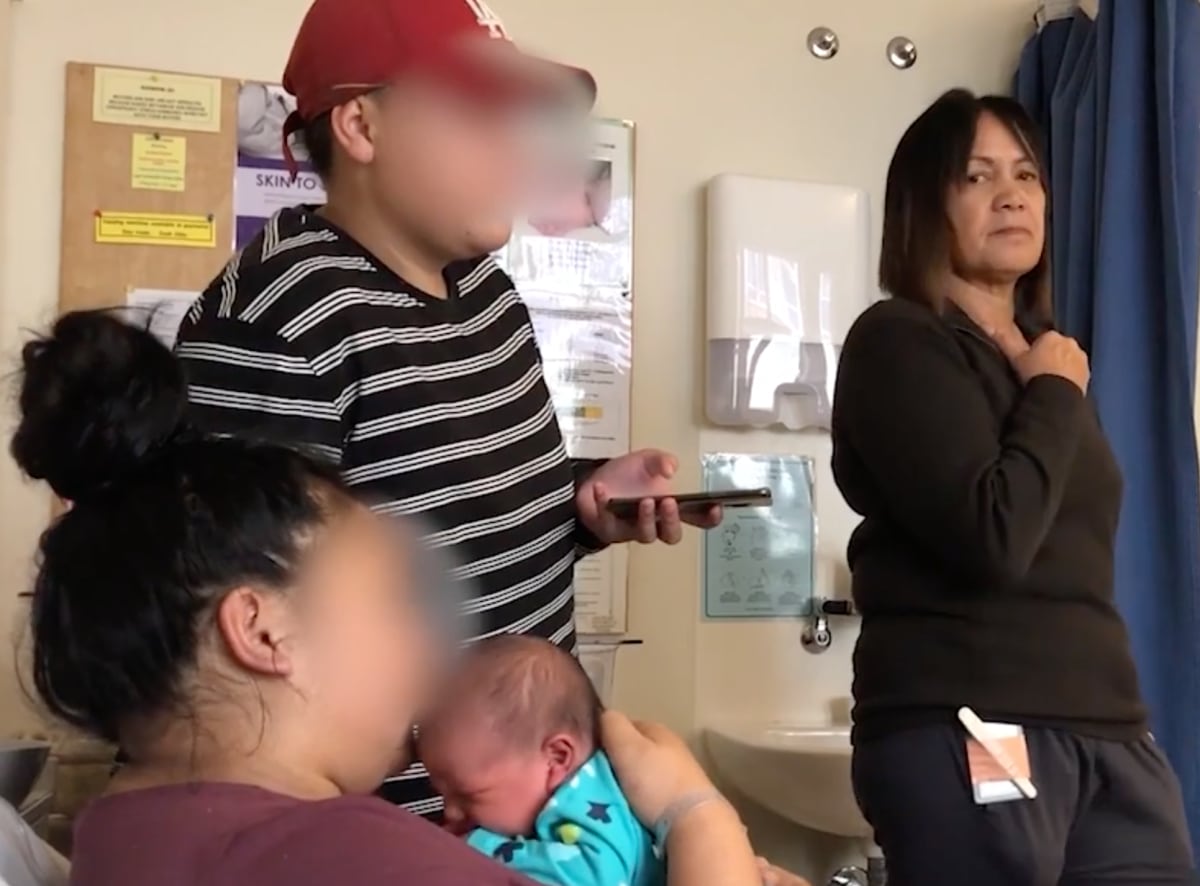
Reid says Ormsby was clear that as midwives they could not achieve what they wanted to achieve to support young mothers to keep their babies because it was impossible to navigate an unfair and biased agency “drenched” in institutional racism.
“I don’t think anyone who watched the story will ever forget Ripeka making a stand both on the day the OT workers came to uplift the baby or the night the police surrounded the hospital in the attempted uplift. It remains an ‘attempted’ uplift in a large part because of Ripeka.”
She says Ormsby maintained the bureaucracy and heavy-handed process and protocols of Oranga Tamariki had overridden rational thinking, humility and basic common sense.
“She escorted us through and made us aware of the trauma that was being inflicted on these women. She really cared, she had such a deep concern for the injustice of it.
“What a privilege for us to have been able to tell a story alongside this angel of a woman”
Ormsby’s words
At her funeral, midwifery was described as a “calling” for Ormsby, who belonged to Choices Māori Midwifes and was a longstanding board member of Ngā Maia Trust Māori Midwives ō Aotearoa.
“My mum as an advocate was reflected in her pursuits as a midwife. The love and care she had for both mother and baby was encompassing. Her love and tenderness during these most precious times is reflected in the many lives she’s touched,” said her daughter.
One of Ormsby’s colleagues estimated she delivered more than 1000 pēpi, and assisted the delivery of many more.
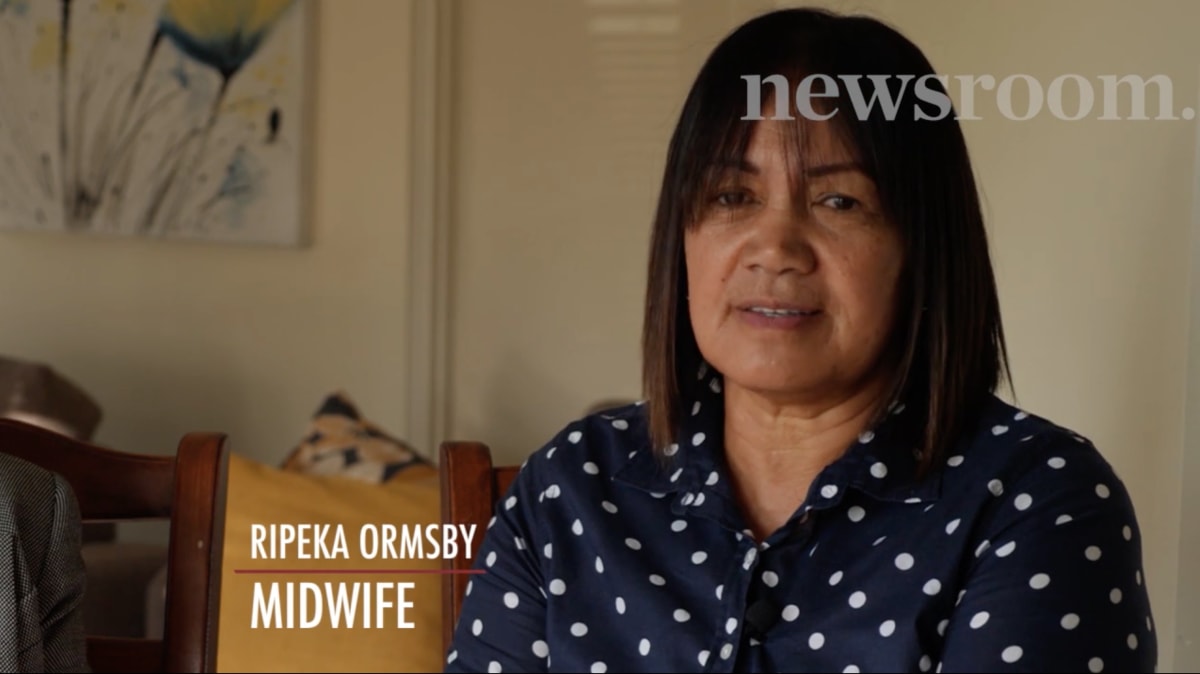
Ormsby was very clear and eloquent in her staunch stand against injustice for māmā, pēpi and whānau.
“What we were trying to achieve couldn’t be achieved because there were so many barriers in place to stop us. We just wanted to implement what [the māmā] was wanting to do to ensure she had the skills to make a safe environment for her child. We were just supporting her to achieve it, but all of these barriers were put up to ensure we couldn’t achieve that. She was a young mother, and she was able to apply those motherly instincts to her child and form a safety plan. And we weren’t able to support her in that,” she told Newsroom.
“These uplifts have been happening for a long time. The story exposed it to a wide number of people and created a lot of change. It was needed…every single element that happened in this story needed to be seen.”
“We’ve had changes since the video - we have more hands on deck - but lots of changes still need to be made. I’m really hopeful.”
Changed lives
As well as the baby featured in the video story that Oranga Tamariki attempted to uplift in 2019, the young mother had also had her first baby uplifted in 2018.
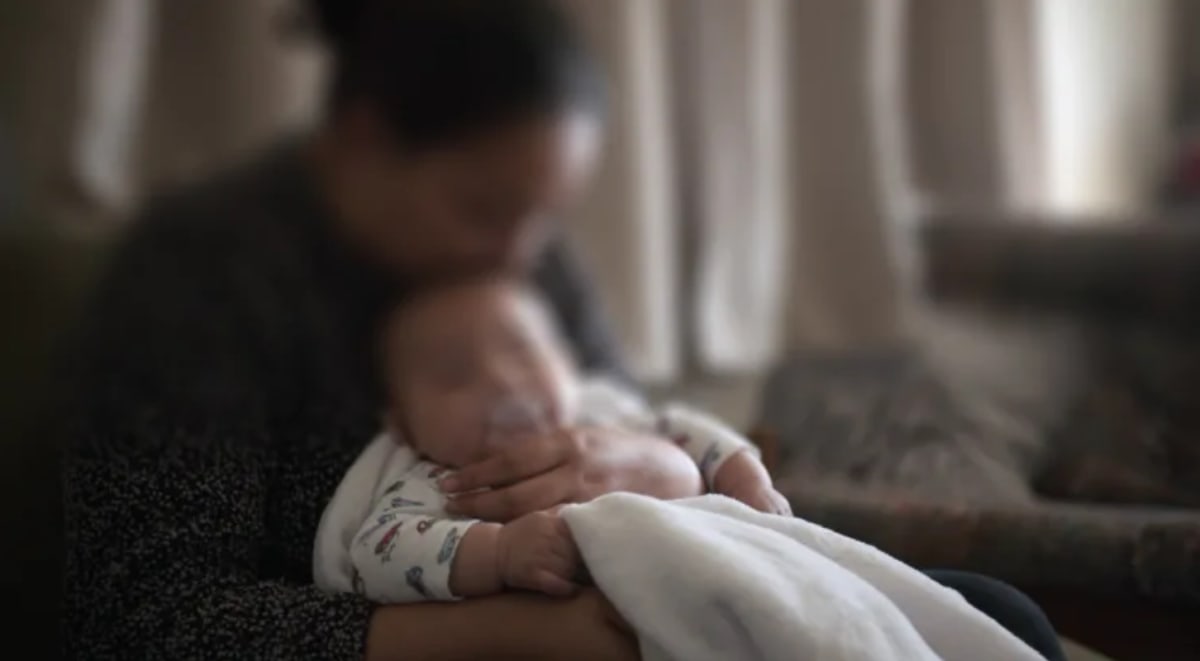
She was able to keep her second baby, who is now four years old, and both of her children are living with her.
Four years on, the mother has studied and has a full time job. She told Newsroom she is heartbroken at the news of Ormsby’s death.
“She taught me how to be strong, she taught me how to stand up for myself. Without her I would never have left the hospital with my baby, and without Ripeka’s love and support I would never have been able to keep him.
The mother says Ormsby has continued to support her “this whole time” and often visited her and her family.
“I took my son to her funeral to say goodbye – I am heartbroken, everyone is. I am going to miss her. She saved me without ever knowing it.
“I doubt I would have kept my son without her. She fought for me and helped me keep my baby. She impacted heaps of people as well as me.”


